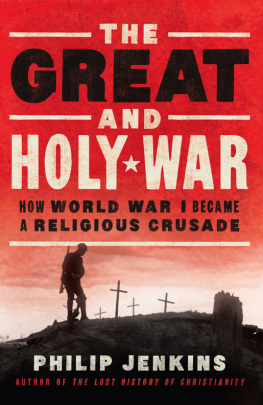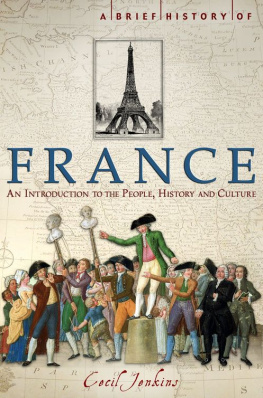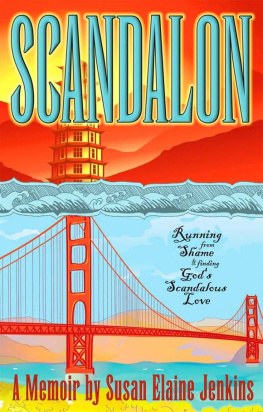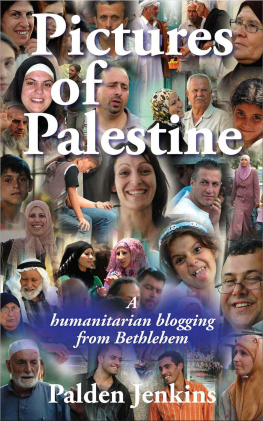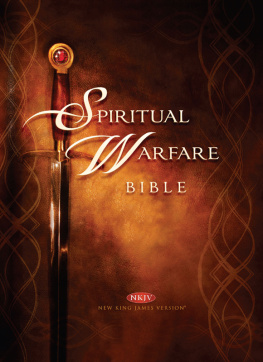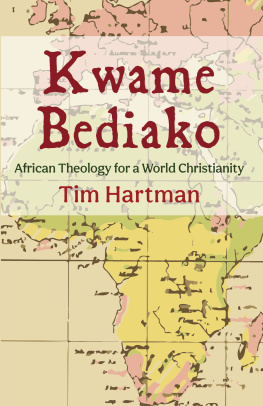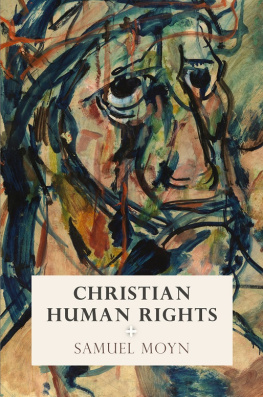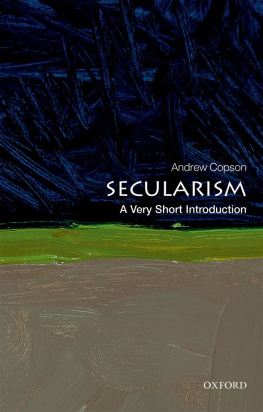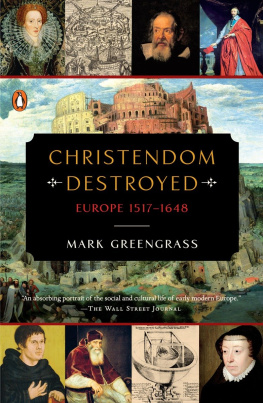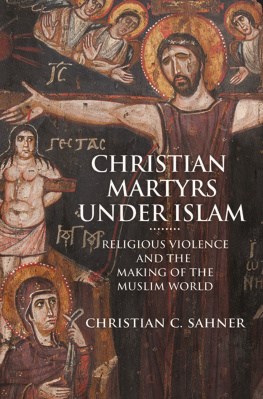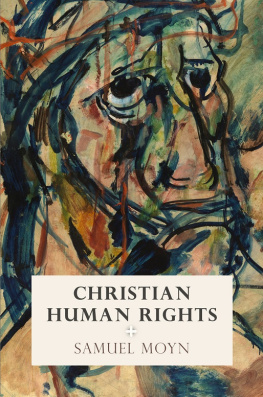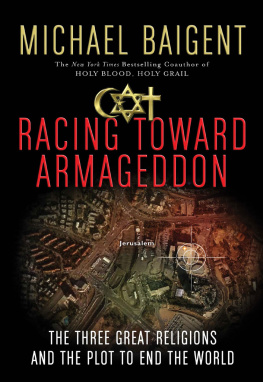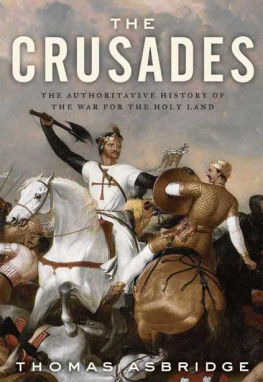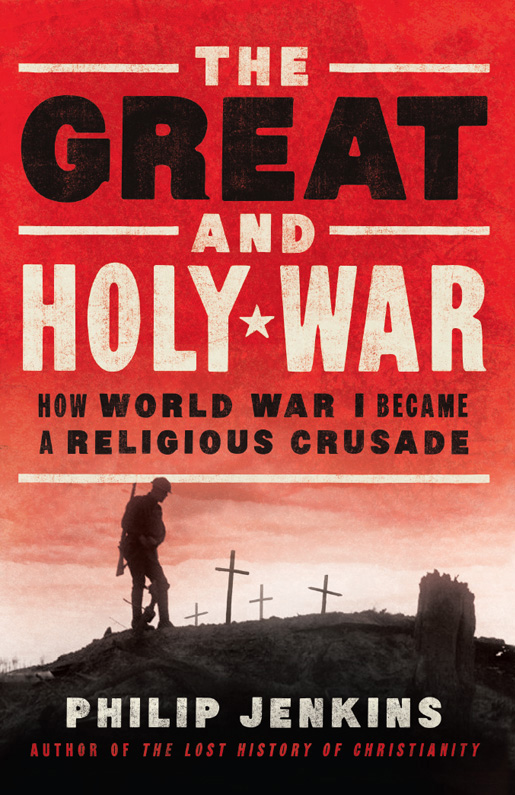CONTENTS
TWO
Gods War: Christian Nations, Holy Warfare, and the Kingdom of God
THREE
Witnesses for Christ: Cosmic War, Sacrifice, and Martyrdom
FOUR
The Ways of God: Faith, Heresy, and Superstition
FIVE
The War of the End of the World: Visions of the Last Days
SIX
Armageddon: Dreams of Apocalypse in the Wars Savage Last Year
SEVEN
The Sleep of Religion: Europes Crisis and the Rise of Secular Messiahs
EIGHT
The Ruins of Christendom: Reconstructing Christian Faith at the End of the Age
NINE
A New Zion: The Crisis of European Judaism and the Vision of a New World
TEN
Those from Below: The Spiritual Liberation of the Worlds Subject Peoples
ELEVEN
Genocide: The Destruction of the Oldest Christian World
TWELVE
African Prophets: How New Churches and New Hopes Arose Outside Europe
THIRTEEN
Without a Caliph: The Muslim Quest for a Godly Political Order
T HROUGHOUT THIS BOOK, I refer to ideas about the end times, or eschatology. In particular, the apocalyptic vision tells a story of increasing chaos, marked by war, plague, famine, and disaster, culminating in a divine act of judgment that ends the existing world order and begins a wholly new creation. In Western cultures, those ideas are commonly associated with the New Testament book of Revelation, which in its Greek original bears the name Apocalypse. Yet such ideas are by no means a Christian preserve, as they originated in Judaism and are the common inheritance of Islam. I will therefore use the term apocalyptic without limiting it to its Christian context.
I will also use millenarian, another term that stems from the New Testament, to describe Christs utopian thousand-year rule on earth. Yet many societies throughout history have imagined an imminent revolutionary crisis after which the purged world will enjoy an unprecedented era of peace and prosperity. The fact of being human, and knowing the circumstances of birth, means that societies naturally assume that any new age must be born amidst blood and peril. Despite its Christian roots, then, we can refer to millenarian impulses in other faiths and traditions.
In speaking of the early twentieth-century world, I use the term India in its larger sense at that time, namely the British-dominated territories of South Asia, including the modern nation-states of India, Pakistan, and Bangladesh.
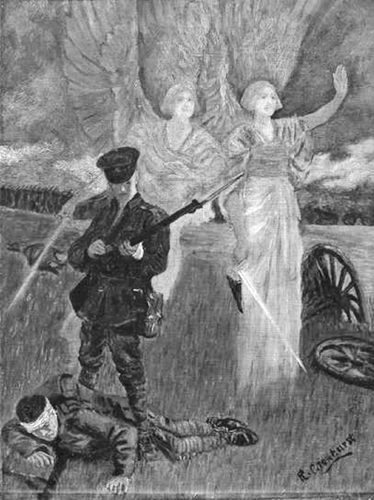
The legend of the Angel of Mons, as imagined in a 1920 painting
The war was another plastic work that totally absorbed us, which reformed our forms, destroyed the lines, and gave a new look to the universe.
MARC CHAGALL
In the day when heaven was falling, the hour when Earths foundations fled...
A. E. HOUSMAN
I N 1914, WELSH FANTASY writer Arthur Machen unwittingly invented a legend. In the compact twelve hundred words of The Bowmen, he told a story set during the Allied retreat across France that August, when British forces made a heroic stand against the advancing Germans at the village of Mons. When a soldier jokingly calls on Saint George for help, he is shocked to find that he really has invoked an army of English archers from the great fifteenth-century Battle of Agincourt, who rise to protect their descendants. The singing arrows fled so swift and thick that they darkened the air; the heathen horde melted from before them. This intervention saves the Allied cause, leaving Germany, a country ruled by scientific principles, to determine what kind of gas or secret weapon the British might have deployed.
Machens fiction ran out of control. He was soon meeting people who claimed to have participated in the battle and seen the visionary bowmen, or witnessed arrow wounds in German corpses. Hawkish critics were appalled at Machens unpatriotic attempts to describe the tale as a mere fiction. Denying his authorship, they claimed that he had acted only as an intermediary in leaking the story, which must have come from the highest political or military circles. Why was he conspiring to suppress the truth? Religious and occult writers further elaborated the tale over the next few months until the bowmen morphed into an angel or angels, and in that form the story won global fame. Through the war years, the Angel of Mons was regularly depicted in propaganda posters and works of art, and it inspired musical compositions. Machen was at once amused and bemused. How is it, he asked, that a nation plunged in materialism of the grossest kind has accepted idle rumors and gossip of the supernatural as certain truth?
Religion and the War
MACHENS REMARK ABOUT GROSS materialism fits many accounts of the First World War, by authors both at the time and subsequently. The war, we often hear, marked the end of illusions, and of faith itself. In this account, the ideals and chivalry that rode so high at the start of the conflict perished miserably in the mud of France and Belgium. They vanished in a world of artillery and machine guns, of aircraft, poison gas, and tanks, as hell entered the age of industrialized mass production.
A striking commentary on the war was offered by Britains Harry Patch, the last soldier actually to have fought in the wars trenches and who died in 2009 at the age of 111. He felt the war had not been worth a single life (although he might have shot the kaiser, if the opportunity had arisen), and he had no criticism of anyone who had deserted. He recalled seeing half-savage dogs fighting over biscuits taken from dead mens pockets and wondering, What are we doing thats really any different? Two civilized nations, British and German, fighting for our lives. In summary, he commented, What the hell we fought for, I now dont know. That last line epitomizes what many modern people think about the war. All that butchery, they believe, took place for narrow national rivalries and selfish imperial interests.
In such a picture, religion and spirituality seem irrelevant, except as the window dressing offered by states invoking divine justice before sending their young men off to slaughter. Each side cynically appropriated God to its own narrow nationalist causes. As J. C. Squires despairing rhyme noted,
God heard the embattled nations sing and shout,
Gott strafe England! and God save the King!
God this, God that, and God the other thing.
Good God! said God, Ive got my work cut out!
But such a wholly secular account makes it impossible to understand the mood of the era and the motivations of states and policy makers. For one thing, contemporary enthusiasm for the war was much greater than we might imagine from what Harry Patch wrote with ninety years of hindsight after the event; it would be instructive to read anything he might have written during the conflict itself. In recent years, historians of the Great War have paid special attention to the attitude of frontline combatants, to try to understand just why they were prepared to withstand the dreadful conditions so long, and the greatest surprise is how thoroughly many reflected the attitudes that we might think of as elite propaganda.
Even when they were writing in diaries or journals that were never intended to be read by official eyes, soldiers expressed very standard views about God and country and the virtues and vices of the respective sides. The words of ordinary British soldiers show how many really did believe they were engaged in a war for righteousnesss sake, in issues such as the defense of outraged Belgium. German or French soldiers likewise needed little urging to see their war as a desperate defense of national survival, while the letters of ordinary Russian soldiers regularly asserted their belief in Faith, Tsar, and Fatherland, in that order. Judging from the abundant evidence of letters and diaries, soldiers commonly demonstrated a religious worldview and regularly referred to Christian beliefs and ideas. They resorted frequently to biblical language and to concepts of sacrifice and redemptive suffering. The sizable Jewish minority in the respective armed forces turned to their own religious traditions.

